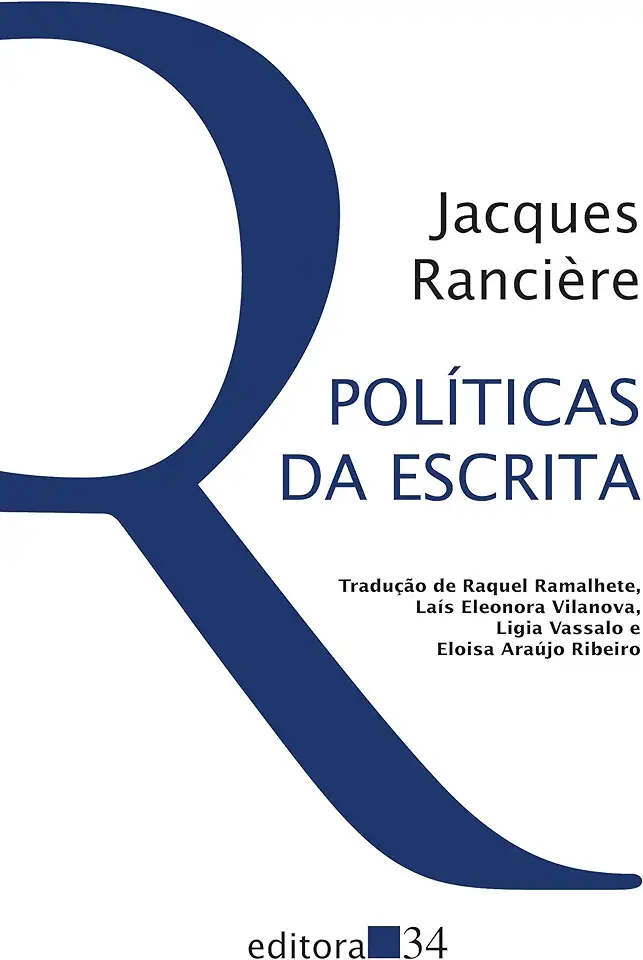
Politics of Writing - Jacques Rancière
Politics of Writing: A Revolutionary Approach to Literature and Politics
In his groundbreaking work, "Politics of Writing," Jacques Rancière challenges traditional notions of literature and politics, offering a revolutionary perspective that redefines the relationship between the two. Rancière argues that literature is not simply a reflection of society or a tool for political propaganda, but rather a site of political struggle and emancipation. Through a close examination of literary texts and historical events, Rancière demonstrates how literature can disrupt established power structures and open up new possibilities for political action.
Literature as a Political Act
Rancière begins by asserting that literature is not a neutral activity, but rather a form of political intervention. He argues that literature has the power to challenge the dominant order and create new ways of thinking about the world. This is because literature is not simply a collection of words, but a way of organizing and interpreting experience. By presenting alternative perspectives and challenging conventional wisdom, literature can subvert the status quo and open up new possibilities for political action.
The Emancipatory Power of Literature
Rancière argues that literature has the potential to be a powerful force for emancipation. He draws on the work of French philosopher Louis Althusser to develop the concept of "interpellation," which refers to the process by which individuals are interpellated, or hailed, as subjects of a particular ideology. Rancière argues that literature can disrupt this process of interpellation and allow individuals to see themselves as autonomous agents capable of transforming their own lives.
Literature and the Politics of Aesthetics
Rancière also explores the relationship between literature and aesthetics. He argues that aesthetics is not simply a matter of taste or personal preference, but rather a political issue. This is because aesthetics is about the way we perceive and experience the world, and this has a profound impact on our political beliefs and actions. Rancière argues that literature can challenge dominant aesthetic norms and open up new ways of seeing and experiencing the world, which can in turn lead to new forms of political action.
Conclusion
"Politics of Writing" is a challenging and provocative work that offers a new way of thinking about literature and politics. Rancière's insights have had a profound impact on the fields of literary theory, political theory, and cultural studies, and his work continues to inspire scholars and activists around the world. If you are interested in understanding the relationship between literature and politics, or if you are simply looking for a new way of thinking about the world, then I highly recommend reading "Politics of Writing."
Why You Should Buy This Book
"Politics of Writing" is a must-read for anyone interested in literature, politics, or cultural studies. Rancière's groundbreaking work offers a new way of thinking about the relationship between these fields, and his insights have had a profound impact on the academy and beyond. If you are looking for a challenging and provocative book that will change the way you think about the world, then I highly recommend reading "Politics of Writing."
Here are a few reasons why you should buy this book:
- Rancière's work is original and groundbreaking. He offers a new way of thinking about literature and politics that is both theoretically sophisticated and accessible to a wide range of readers.
- Rancière's insights are relevant to a wide range of disciplines, including literary theory, political theory, cultural studies, and history.
- Rancière's work is beautifully written and engaging. He has a gift for making complex ideas clear and accessible, and his writing is full of insights and surprises.
If you are looking for a book that will challenge your thinking and change the way you see the world, then I highly recommend reading "Politics of Writing."